
America’s collective attention has been focused in recent months on issues of police brutality and racial inequality affecting people of color in our country. Although marches, prayer gatherings, and intentional conversations have been opportunities to be involved, there is a sense that many people desire to do something more substantial to impact change.
It’s often expressed through questions such as What’s next? or How can I help? I’ve asked some of these same questions but there are no simple solutions.
I do hear my friends of color repeat the encouragement to continue to educate myself and learn more about the black and racial minority experience—as well as God’s heart for reconciliation amidst the beauty of diversity.
While that may feel too easy, it often is the most difficult path. I’m reminded of Richard Foster’s probing question in his book Celebration of Discipline, “everyone thinks of changing the world, but where, oh where, are those who think of changing themselves?”
Through God’s Spirit, we have access to the power to think biblically about these spiritual issues. We can invite God to search us and know us, “to see if there is any offensive way in me, and lead me in the way everlasting” (Psalm 139:23).
So, while summer is usually the perfect time to escape into the pages of a beach read, this summer consider adding a few more significant books to your list. Following are books (and some other resources) that I have found meaningful to learn more about the black and minority experience in America:
Photo Credit: ©GettyImages/kieferpix
1. Bound for the Promised Land by Kate Clifford Larson
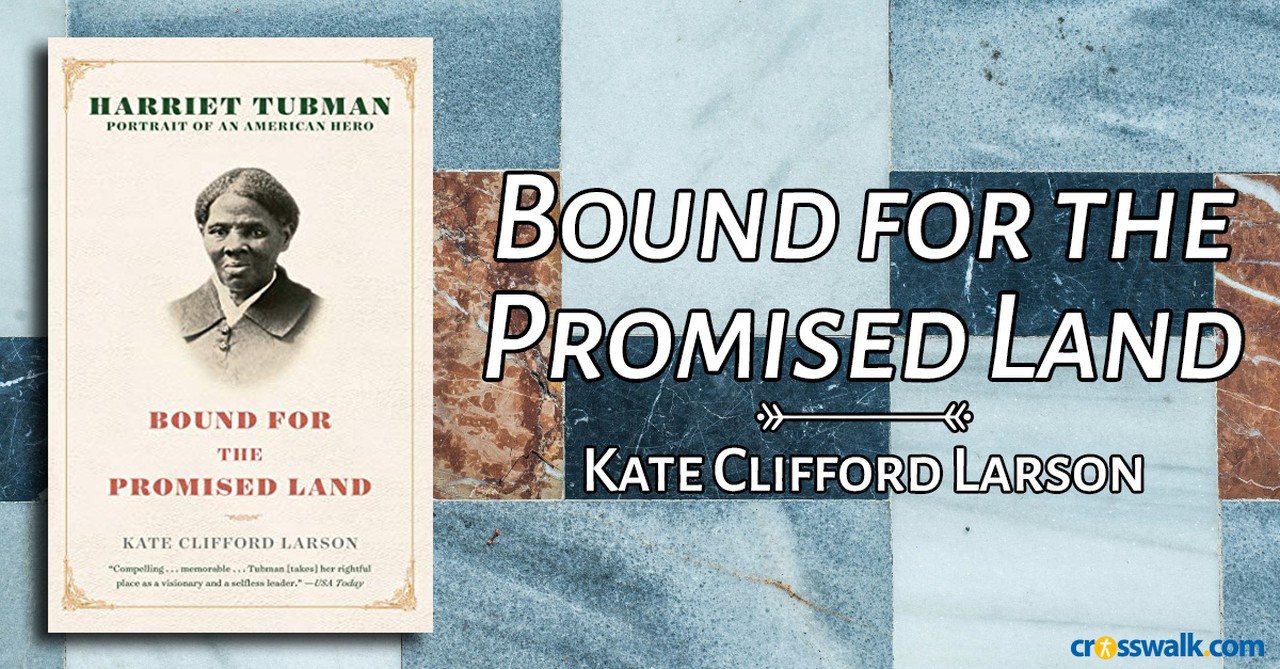
1. Bound for the Promised Land by Kate Clifford Larson
SLIDE 1 OF 6
This brilliant biography, Bound for the Promised Land, pieces together the story of American icon Harriet Tubman. Born into slavery, Tubman not only escaped, she helped hundreds of other African Americans find freedom through her work on the Underground Railroad and as the first female leader of an armed expedition during the Civil War. Her personal story is heart-wrenching but provides an important narrative on the realities of slavery.
Tubman also was a woman of deep faith that was expressed most profoundly in her prayer life. Sarah Bradford, who wrote the first biography of Tubman partly based on interviews with her, remarked that miraculous answers to prayer “never seemed to strike her as at all strange or mysterious; her prayer was the prayer of faith, and she expected an answer.”
Tubman’s understanding of prayer and God’s involvement in the lives of his people, especially those who are suffering, continues to inspire.
To watch: The 2019 movie Harriet faithfully recounts many of the astonishing vignettes of Tubman’s life story including her deep faith.
Photo Credit: ©Bethany Pyle
2. Frederick Douglass: Prophet of Freedom by David W. Blight
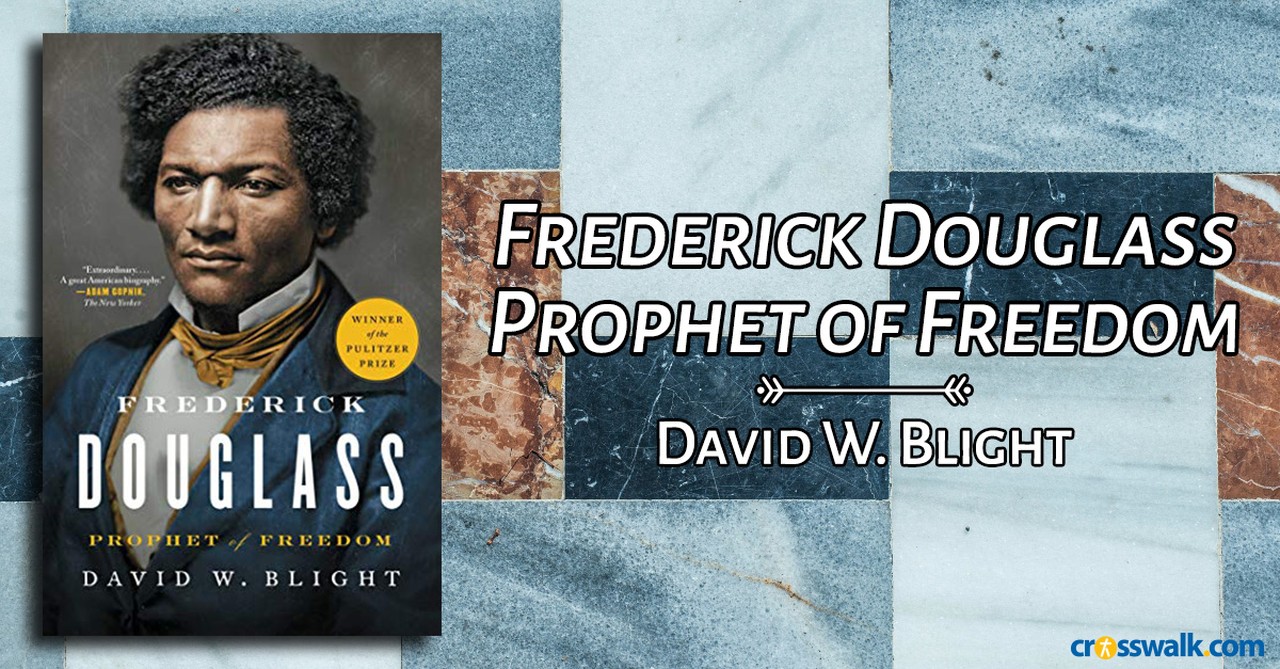
2. Frederick Douglass: Prophet of Freedom by David W. Blight
SLIDE 2 OF 6
Winner of the Pulitzer Prize in History, Frederick Douglass: Prophet of Freedom masterfully weaves Douglass’ personal history with America’s struggle against slavery. Tracing Douglass’ life from being born into slavery to becoming one of the most important figures in American history, this biography creates a poignant portrait of a remarkable man who became the leading black figure in the abolition movement.
His personal struggle against racism, as well as his fight to help African Americans actually experience true liberation in the face of significant opposition, is an eye-opening history lesson that needs to be told.
A deep faith in God sustained Douglass through constant trials and his obvious familiarity with scripture guided him, as well as flooded every part of his speeches and writings. Blight writes that Douglass was “a living prophet…Jeremiah and Isaiah, as well as other prophets, were his guides; they gave him story, metaphor, resolve, and ancient wisdom in order to deliver his ferocious critique of slavery and his country…”
His understanding of scripture and its intent regarding issues of slavery and racism provides valuable biblical insight that remains just as relevant today.
Photo Credit: ©Bethany Pyle
3. Just Mercy by Bryan Stevenson
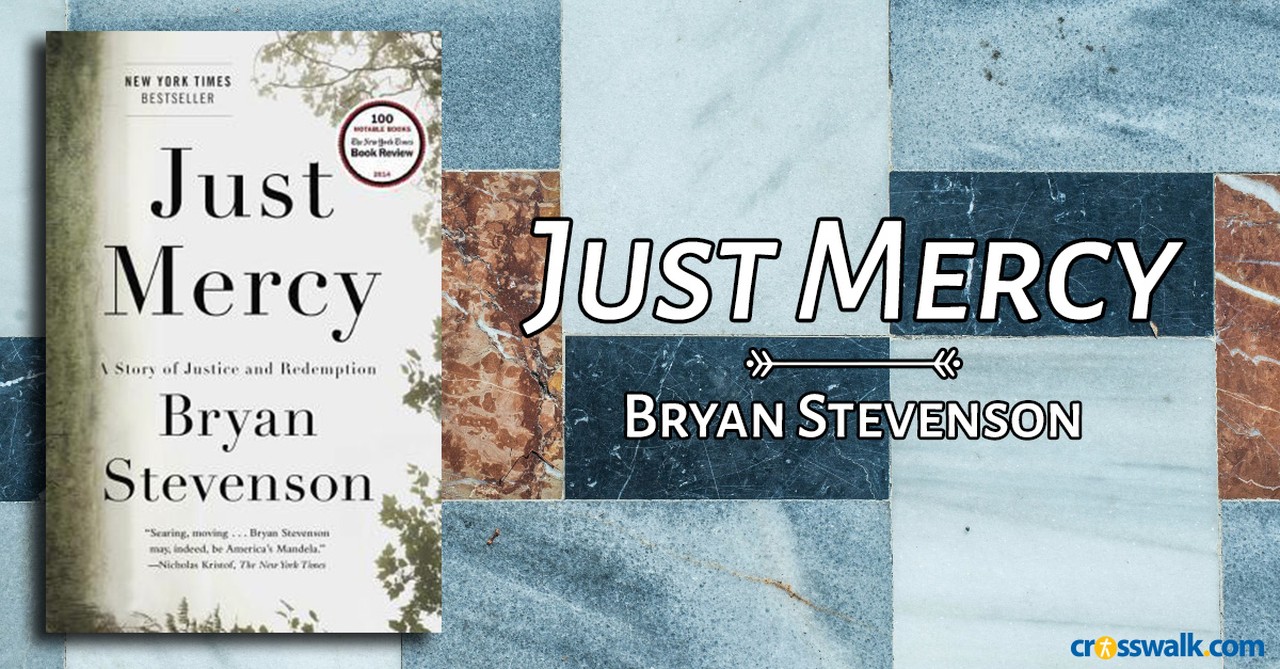
3. Just Mercy by Bryan Stevenson
SLIDE 3 OF 6
Among the issues receiving attention as our nation grapples with issues of racism is the way the justice system disproportionally incarcerates black people and typically gives them harsher penalties.
Though a complex topic, this moving memoir, Just Mercy, provides a window into our legal system as Stevenson details how he went from being a black Harvard Law School student to working on a death penalty case in Monroeville, Alabama.
The contemporary stories of injustice show the importance of educating ourselves about this issue. Eventually, Stevenson founds the Equal Justice Initiative, a non-profit that works to address injustices against persons of color in the U.S. legal system and abolish the death penalty for all.
Mercy is a defining theme in the book, which is also one of the defining character traits ascribed to God. Stevenson reminds us that “mercy is most empowering, liberating, and transformative when it is directed at the undeserving. The people who haven’t earned it, who haven’t even sought it, are the most meaningful recipients of our compassion.” It’s a modern summary of Ephesians 2:4-9.
To watch: The recent film adaptation of this book, also entitled Just Mercy, is faithful to the memoir and captures the plight of the wrongly accused or those who experience disproportionally harsh sentences for their crimes.
Photo Credit: ©Bethany Pyle
4. The Color of Compromise by Jemar Tisby
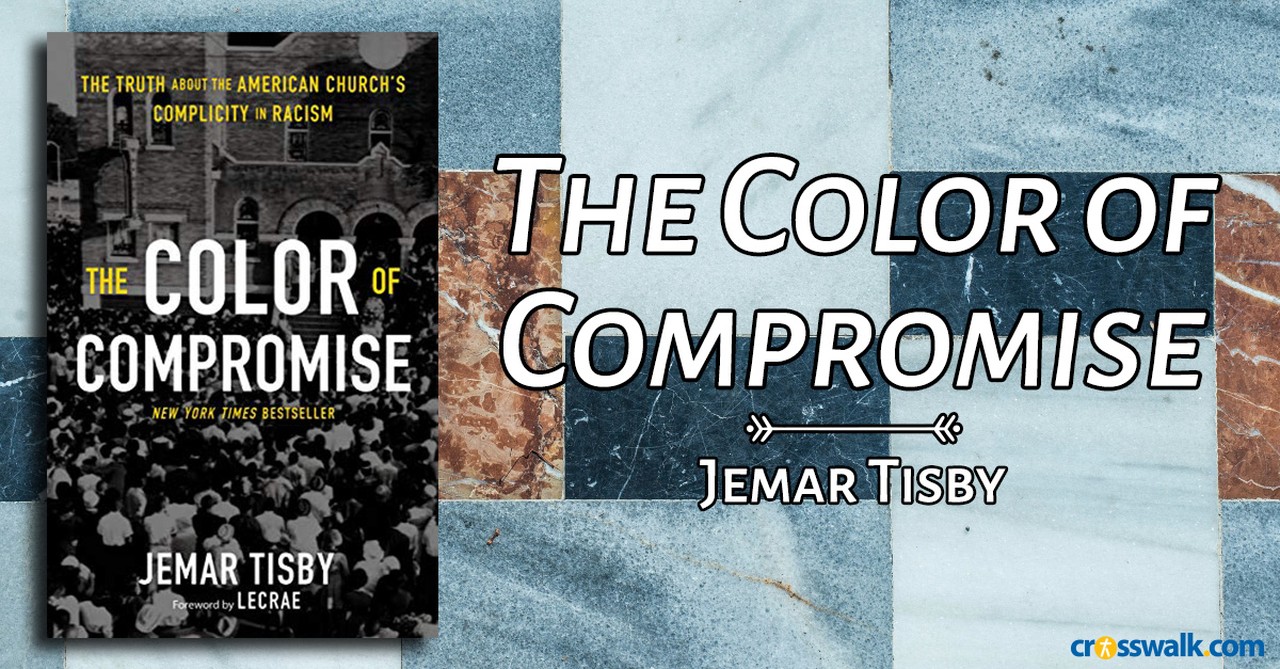
4. The Color of Compromise by Jemar Tisby
SLIDE 4 OF 6
Released in 2019, Tisby’s The Color of Compromise is a measured, unsparing, but hopeful historical survey of the role of the American church in matters of race. This timely book not only details significant events that have shaped our shared history but it helps to shed light on the underpinnings of the current events in our nation.
Tisby writes that his book may be hard for many readers because it raises painful questions and realities that cannot be ignored—even though there are sure to be disagreement over some details.
However, his love for the church and his desire that skin color will one day “serve as a multihued reflection of God’s image” with the singular focus of “worshiping God for eternity in sublime fellowship with each other and our Creator” provides an undercurrent of hope throughout the book.
To Listen: Tisby co-founded The Witness, a “black Christian collective that engages issues of religion, race, justice, and culture from a biblical perspective.” The website and podcast are valuable resources.
Photo Credit: ©Bethany Pyle
5. The Cross and The Lynching Tree by James H. Cone
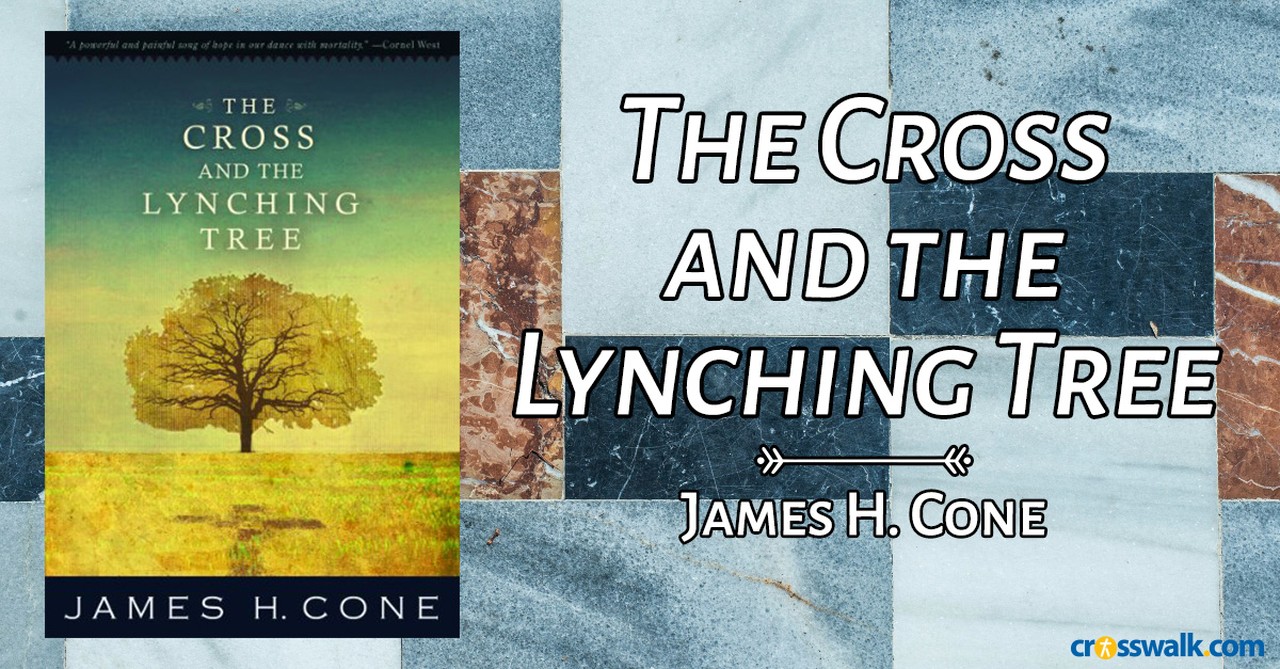
5. The Cross and The Lynching Tree by James H. Cone
SLIDE 5 OF 6
The Cross and the Lynching Tree helped me to grasp the fear that black Americans faced living under the threat of lynching, a vigilante system permitted primarily in the South that allowed mobs to murder people (usually blacks) without any due process of law.
Usually, this involved horrific, public acts of torture before hanging the bodies on a tree. Cone writes:
“Black ministers preached about Jesus’ death more than any other theme because they saw in Jesus’ suffering and persecution a parallel to their own encounter with slavery, segregation, and the lynching tree.”
As with all books, there is much to reflect on in this book and likely some areas of disagreement. However, it is a critically important book to read.
Photo Credit: ©Bethany Pyle
6. Oneness Embraced by Tony Evans
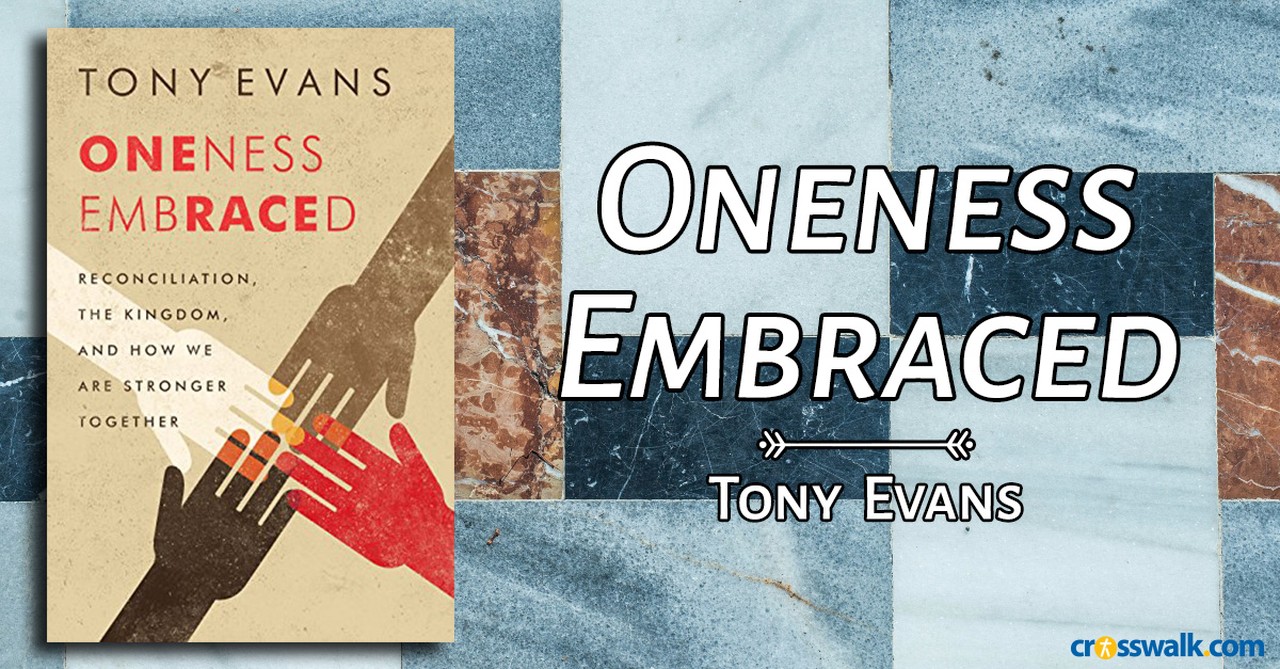
6. Oneness Embraced by Tony Evans
SLIDE 6 OF 6
“The racial problem is an unresolved dilemma of America. Racial problems have gone on since America’s inception because their root has not been addressed by the people who are most qualified to address it: the church.”
Evans’ opening sentences in Oneness Embraced quickly cut to a root issue in the discussions on racial unity in the country: the lack of leadership by the church. In the subsequent pages of this book, Evans provides a biblical theology to encourage the church to take a lead in embracing and celebrating the diversity of all ethnicities.
The book is also part memoir, an account of his experience as a black man, as well as a black pastor in the white evangelical subculture. His stories of discrimination and rejection by the modern evangelical church highlight recent and current struggles for racial unity in the church.
Uniquely positioned as a bridge between white and black cultures, Evans unashamedly identifies each culture’s strengths and weaknesses.
Recommended for You:
How to Be the Bridge: Practical Steps to Racial Reconciliation
4 Things You Should Know about Harriet
4 MLK Quotes that Just Mercy Demonstrates Perfectly
The Best Way White Christians Can Respond to Racial Tensions
Why All Races Are Beloved and Made in the Image of God
A Beautiful Prayer for God’s Mercy
Photo Credit: ©Bethany Pyle

Originally published July 10, 2020.







